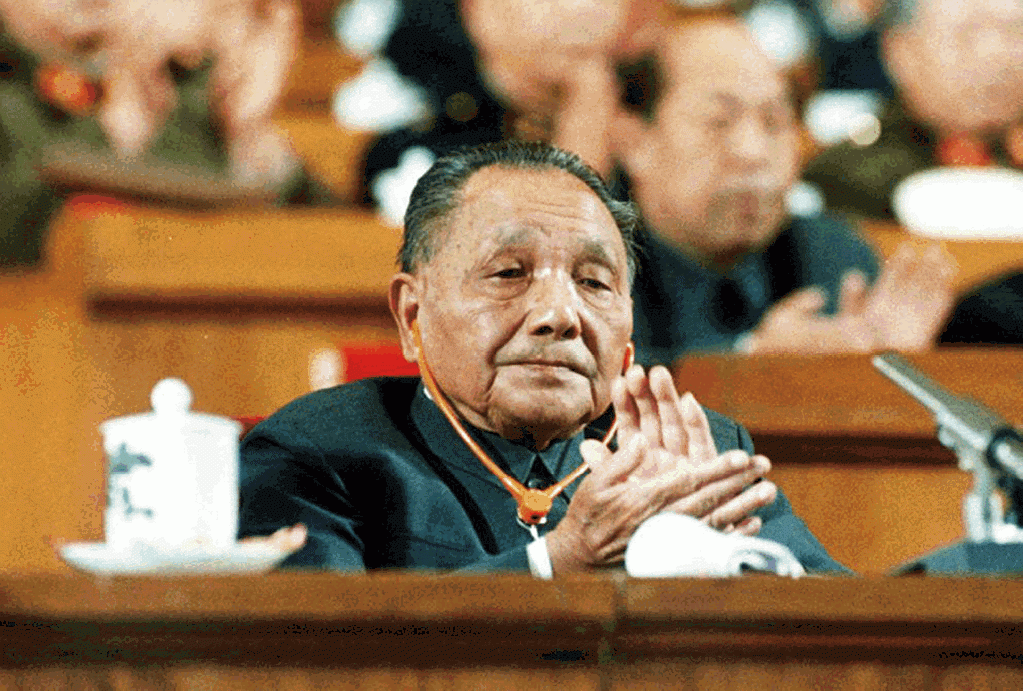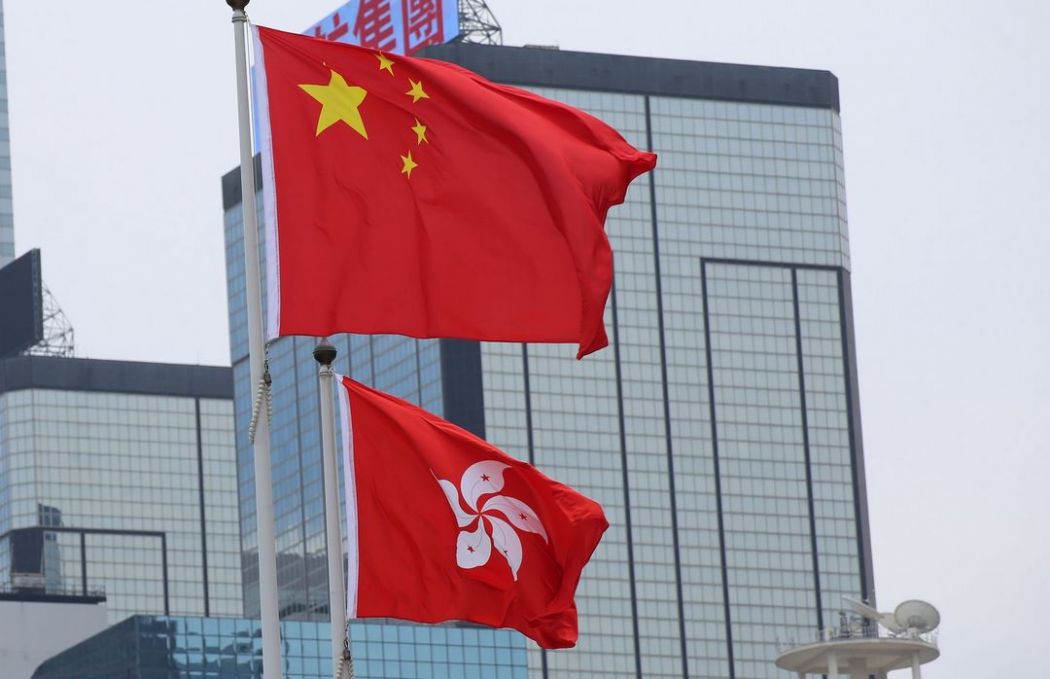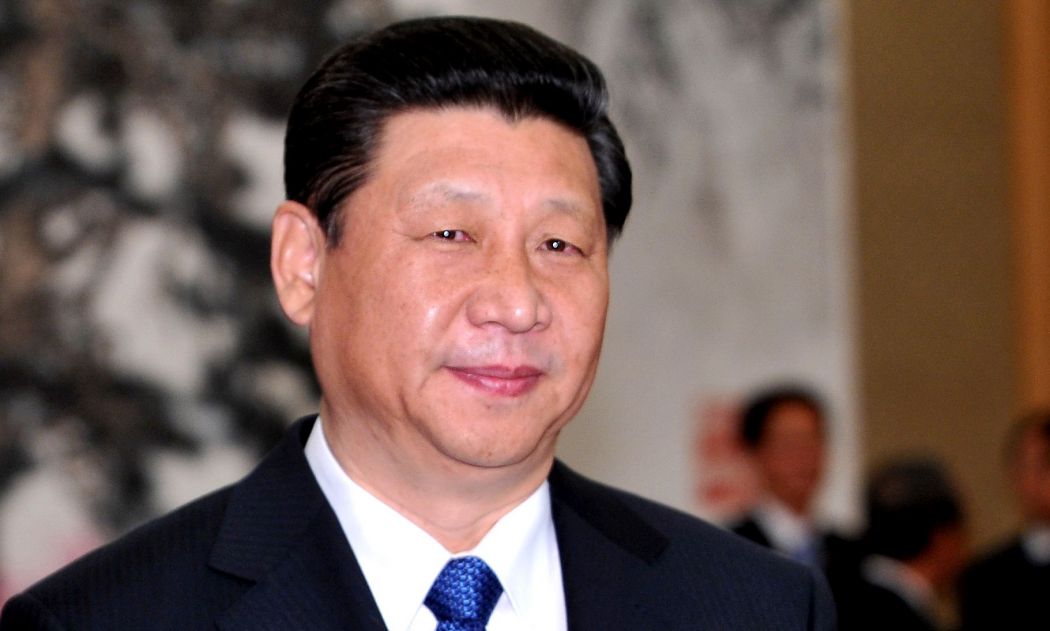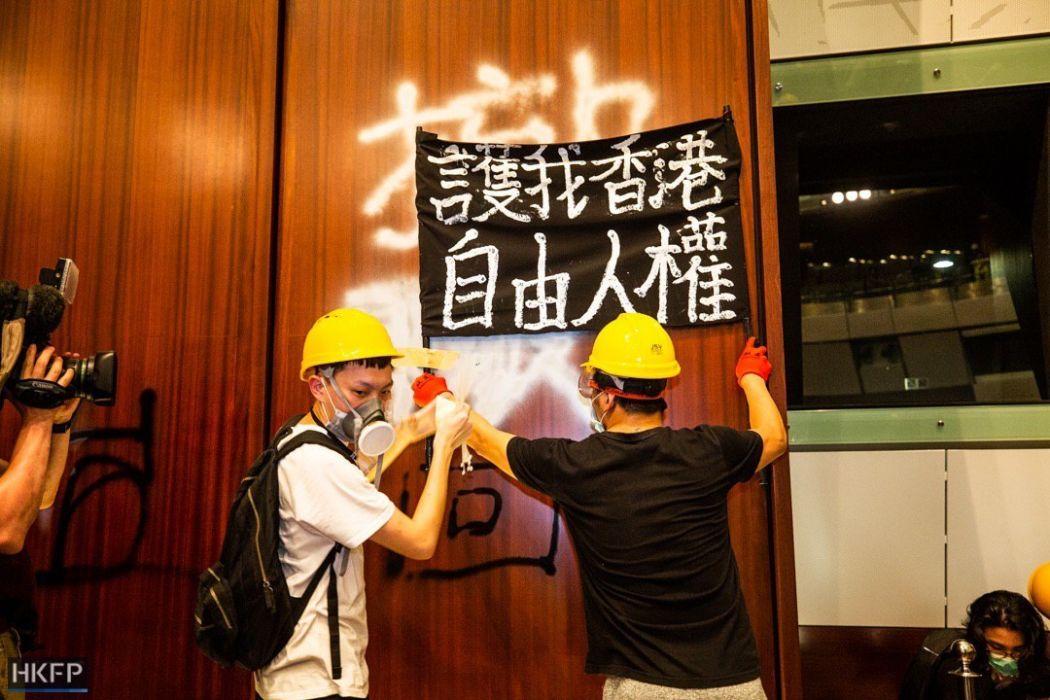Flashback to January 28, 1984, the late Chinese patriarch Deng Xiaoping was walking down a hill after a hike near a guest house he stayed in during a visit in Zhongshan, Guangdong. The path was rugged. He was advised to return to the guest house from where he came from – he said no.
“I’ve never turned back,” Deng vowed. This approach of “not-turning-back” (不走回頭路) has since become a powerful slogan for his crusade over China’s reform and opening up.

Yet almost 23 years after Deng went to see Marx, China – under leader Xi Jinping – has seen increasing signs of the country “turning back.”
In a significant step to help lift the veil of secrecy of China in the 1980s following decades of political turmoil, Deng allowed international media to set up offices in Beijing to report on the China story. Now, foreign journalists are shown the door.
Taking the most severe punitive action against foreign media since then, the Chinese Foreign Ministry last Thursday expelled 10 journalists from three American media outlets and banned them from working as journalists in the mainland, Hong Kong and Macau.
The expulsion order was unprecedented in one significant aspect. It covered Hong Kong and Macau, two Special Administrative Regions that are given highly-autonomous powers including immigration controls under the “One Country, Two Systems” political framework, masterminded by Deng.
A foreign ministry spokesperson categorised their retaliation as “foreign affairs,” which falls outside the scope of Hong Kong’s autonomy.

In an open letter to Chief Executive Carrie Lam and Immigration Director Erick Tsang on Friday, the Foreign Correspondents’ Club (FCC) in Hong Kong appealed for “clear and definitive answers” regarding Beijing’s expulsion decision.
The FCC asked whether an expulsion from the mainland would affect a journalist’s ability to enter Hong Kong, even as a visitor, and whether journalists who already have the right to work in Hong Kong, through a visa or permanent residency, could have this right revoked or “superseded by a decision by Beijing.”
As this article was published, their specific questions were left unanswered by the Lam administration.
In an editorial published on March 17, the New York Times, one of the three news organisations targetted with expulsions, described the Chinese crackdown on journalists “an unfortunate echo of the Cold War,” adding “it couldn’t come at a worse time.” They referred to the global spread of the deadly coronavirus, which they said, “demands independent and trusted information from the country where the scourge began.”
“The measures were redolent of Cold War clashes with the Soviet Union, when reporters often became victims of tit-for-tat expulsions over matters for which they carried no responsibility and over which they had no control,” the editorial wrote.
Statement of Dean Baquet, @nytimes executive editor, regarding China’s announcement that it would expel American journalists. https://t.co/87UAq3SKJR pic.twitter.com/AmXXhCtMaw
— NYTimes Communications (@NYTimesPR) March 17, 2020
Nicholas Kristoff, a former longtime The Times correspondent in Beijing, wrote in his Twitter: “The Times has reported from China since the 1850s. As a former Beijing and Hong Kong correspondent for The Times myself, I’m truly sad to see China going backward like this.”
‘When you open the window, the flies come in’
As the crusader for reform, Deng knew the open-door path would be bumpy and that there would be a price to pay for openness. He once said when you open the window, the flies come in.
When the door for foreign press opened, Deng knew there would be stories the government did not want to be published. He understood the Chinese Communist Party would face criticism of one kind or another. Deng once said they were undaunted, saying the party would not fall because of those criticisms.
With a strong sense of self-belief in reform and self-awareness about the importance of being tolerant and accommodating to differences in systems and values, Deng and Jiang Zemin, to an extent, had stuck unswervingly to reform. This commitment remained strong even after, indeed more so, after the 1989 Tiananmen bloodshed. This is despite the strong pressure from within the party for turning back.
Fears of China under Xi moving backwards loomed as the cult of personal worship reminiscent of the days of Mao Zedong revived. New rounds of attacks against Western decadent thinking were launched by the party’s propaganda machine since the ascendancy of Xi.

Last week’s expulsion of American journalists, the number of which is the largest of its kind in recent memory, has done significant damage to China’s international image already blackened by the pandemic.
The move could not have come at a worse time when openness is badly needed in times of a global epidemic, the first known case of which was reported in Wuhan, a city in central China.
Bad news for ‘One Country, Two Systems’
Turn again to the 1980s, when the same vein of pragmatism won the benefit of the doubt of many jittery Hongkongers about the viability of the “One Country, Two Systems” policy. The framework pledged to safeguard the city’s systems, rule and practices under Chinese rule after 1997.
For a long period of time after the handover, the Chinese government had largely been tolerant towards Hong Kong for it to handle its own affairs in the Hong Kong way. People who were deemed to be politically sensitive and have been denied entry into the mainland have been allowed to visit the city.

Tolerance has worn thin. Pressure for Hong Kong to act in line with the mainland authorities on matters Beijing wants to have a say has become increasingly apparent.
In the latest case of expulsion, Beijing could have handled it in a more subtle way by not including Hong Kong and Macau in the ban to show what “One Country, Two Systems” policy was supposed to mean.
That they did the opposite by asserting the overriding principle of “One Country” has deepened a feeling of distrust in Hong Kong and other parts of the world about China’s commitment to preserving a special Hong Kong in its move towards a free and open society.
